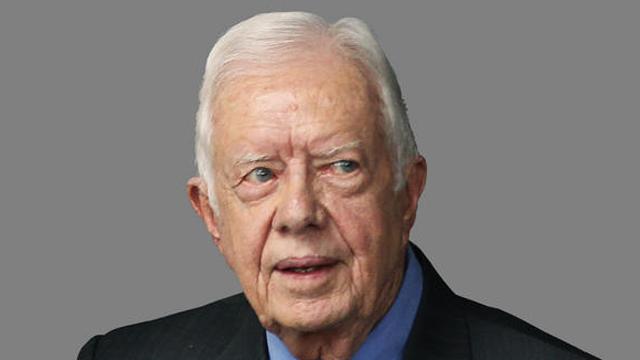A few weeks ago, the Boy Scouts of America voted to allow openly gay scouts to be part of Scout troops across the country. The ban on sexual activity (heterosexual and homosexual) remains, which means that all the Scouts have done is to indicate that they will not take someone’s sexual orientation into account when engaging with them.
Whatever your beliefs about homosexuality, this surely can’t be a bad thing. Christians who are “against” homosexuality have an issue with the sexual act, and not the “orientation”, since these Christians also believe in “original sin” which means we are all born sinners and have a naturally sinful orientation. It’s not an orientation that is the ongoing problem before God (this is what Christ died for), but the fruits thereof: the sinful actions. Even if you are against homosexuality, your issue is with homosexual activity, and not with same sex attraction (the message from conservative Christians to gays is to remain celibate and not act out on their feelings). Otherwise, you’re simply homophobic rather than Biblical (at least, your version of “Biblical”, but I am trying to be charitable and make a point).
So, someone needs to explain to me why the Southern Baptist Convention voted this past week to recommend to their member churches that they cut all ties with the Boy Scouts of America (as Baptists each church will make its own decision). This is a problem for many Scouts troops, as they use church facilities as meeting venues.
But the bigger issue is surely a question for SBC churches about the message they’re sending to people – especially young people. Will all the other groups who use SBC churches be subjected to this mindset? Will the many Alcoholics Anonymous groups who use SBC churches as venues be required to check the sexual orientation of their attendees? And the Weight Watchers groups? And if not, why not? Will children who go to Sunday School or attend holiday clubs at these churches be asked about their sexual orientations? All the Scouts are doing is removing reference to sexual orientation from their charter (except that they continue to ban openly gay leaders, for now), so why target them in this way?
A bigger issue is what message this sends particularly to young people. It tells them that the church is the wrong place to be anything other than an “alpha male”, “totally hetero” guy, or a “traditional woman”. I can’t believe this would be what Jesus would want us to do.
Regardless of where you stand on the issue and politics of gay marriage, or the morality and sinfulness of same sex relationships, the message that a person has to become straight before becoming a part of God’s Kingdom is dangerous, damaging, untrue and contrary to the Gospel.
I really hope that individual SBC churches do not take the advice of their denominational leaders, and instead continue to support the excellent work that the Boy Scouts do in preparing young men and women to contribute to society and be good human beings.



